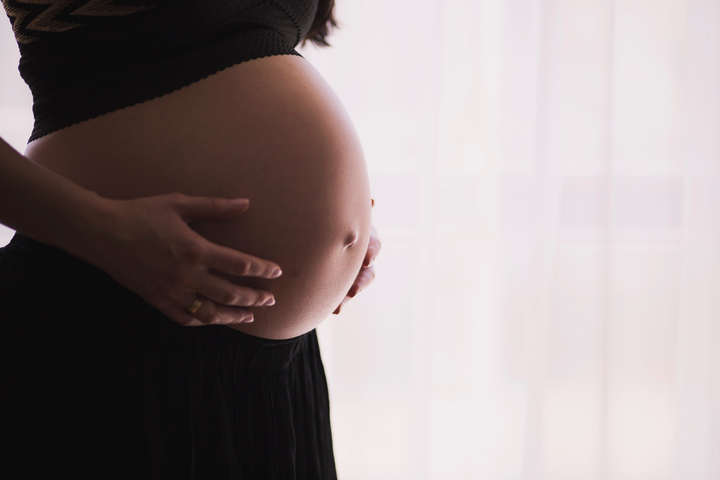Inequality starts before birth - so child benefits should too (The Guardian)
 Image credit: freestocks on Unsplash
Image credit: freestocks on UnsplashBy the time children start school in the UK, those from low-income backgrounds are already an average of four months behind their peers in terms of educational development. The gap only widens from there. By the end of primary school, it’s nine months. By the time they take their GCSEs, 18 months. Inequality grows exponentially throughout childhood, gaining momentum with every year a child gets older.
That’s why it has been so refreshing to see childcare and the early years firmly back on the political agenda since the spring budget. But interventions in the early years of a child’s life may already be too late. We know that inequality starts much earlier than nursery: it starts in the womb.
From the moment they are born, babies in low-income families are more likely to have a medically low birth weight and be born prematurely. Tragically, they’re also more likely to die within 28 days of birth. Inequalities are established well before children even qualify for the chancellor’s free childcare.
This has long-term consequences. Babies born small or early are more likely to have health problems in later life. Premature babies start nursery and school weeks or months younger than their peers, putting them at an educational disadvantage from the start. Poor health at birth has a ripple effect, culminating in poorer adult health and lower adult earnings.
The postwar welfare state was founded on the principle of providing a safety net “from cradle to grave”. Today, policies to support children still typically start at birth. But should they? We know that the cradle is too late to tackle some of these inequalities that start in the womb. Could interventions during pregnancy be the answer?
Some countries are beginning to consider this. In 2022, Italy introduced a new, universal child allowance that starts in the seventh month of pregnancy. In the US, the Mitt Romney campaign has called for the child tax credit to be paid to pregnant women. My research, published this week in the Journal of Health Economics, shows that health inequalities starting at birth could be tackled by a simple, low-cost intervention: starting child benefit payments during pregnancy.
The evidence that this works does not come from another country but from the UK, where we did this in all but name for a short period between 2009 and 2011. The last Labour government, shortly before the end of its term in office, introduced the health in pregnancy grant: a universal cash transfer equivalent to three months of child benefit. A lump sum of £190 was given to all pregnant women who visited their GP or midwife in the third trimester of pregnancy.
My research shows that this relatively small sum led to significant improvements in babies’ health. Average birth weight increased, while the proportion of babies born prematurely fell. The biggest winners were low-income, young mums. On Mumsnet, women reported using the £190 in a range of ways to reduce stress and promote wellbeing, whether by reducing their overdrafts, covering large expenses like pushchairs, or investing in antenatal swimming classes.
This evidence wasn’t available at the time and the policy fell victim to austerity, scrapped just two years after it was introduced on the grounds that it was a gimmick that would be spent on “booze, fags, bingo or plasma screen televisions”. Universal cash with few strings attached was seen as a risk rather than an opportunity.
We now know that it wasn’t a gimmick. Starting child benefits in pregnancy should instead be seen as a low-cost, effective option for any chancellor looking to tackle inequality and boost economic growth.
Small, early interventions have ripple effects that can reduce inequality in the long run. This makes them highly cost-effective. My research indicates that the health in pregnancy grant will increase lifetime earnings for the babies who benefited from it by three times more than the cost of the policy.
Similarly, recent Institute for Fiscal Studies research has shown that Sure Start – which provided universal parenting support, preschool and antenatal advice in children’s centres across the country – saved £5m of NHS spending by improving children’s health. Investing in the health of future generations means better labour market outcomes, more growth and more tax revenue for governments to spend elsewhere. A little, invested early on, goes a long way.
Looking back at which policies worked in the past can help us innovate in the future. By building on the principle of “cradle to grave” and updating it, given what we know now, we can make progress on inequality. Over the last decade, the gap in birth weight between different social classes has tripled in size. What is true of child benefit also applies to wider government action: the earlier we start the better.
This article was originally published by The Guardian on 28 April 2023: https://www.theguardian.com/commentisfree/2023/mar/28/inequality-starts-before-birth-child-benefits-pregnant-women